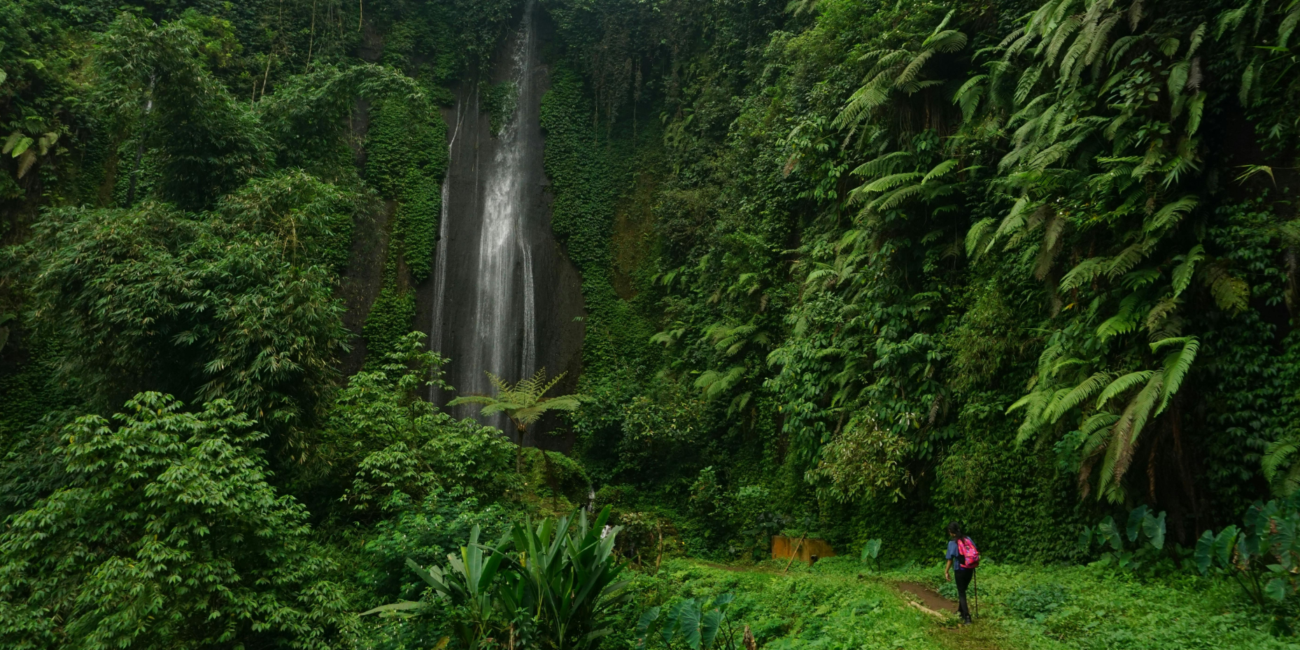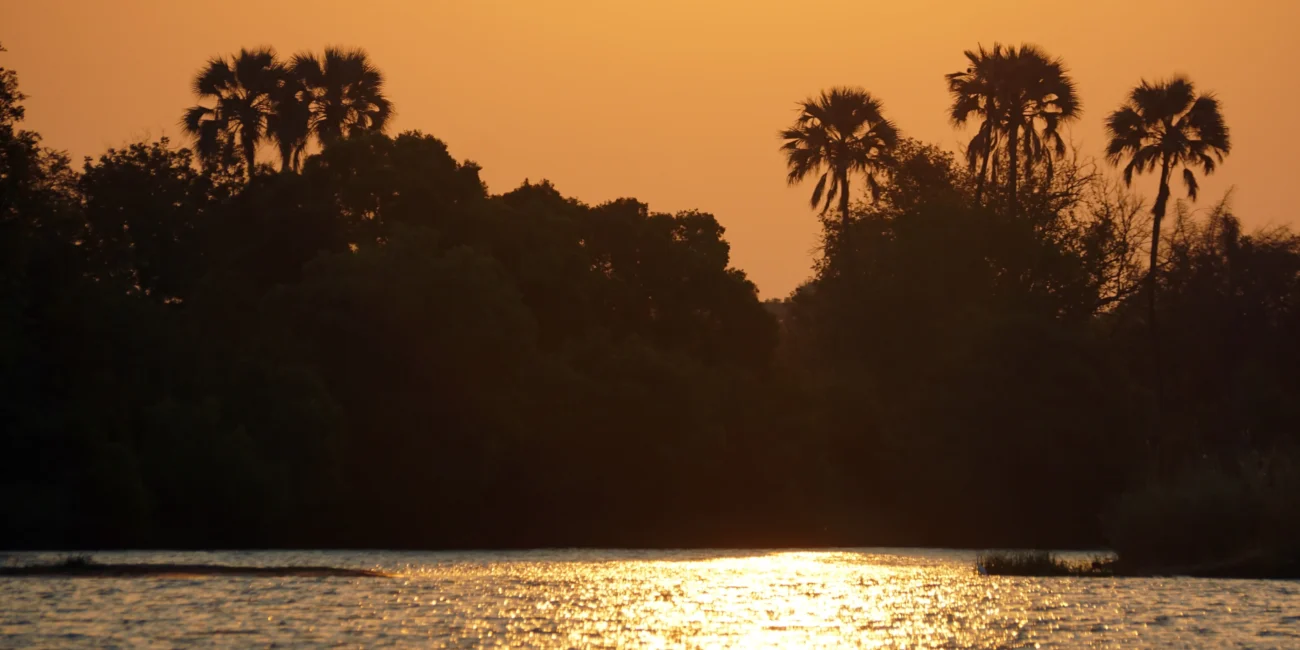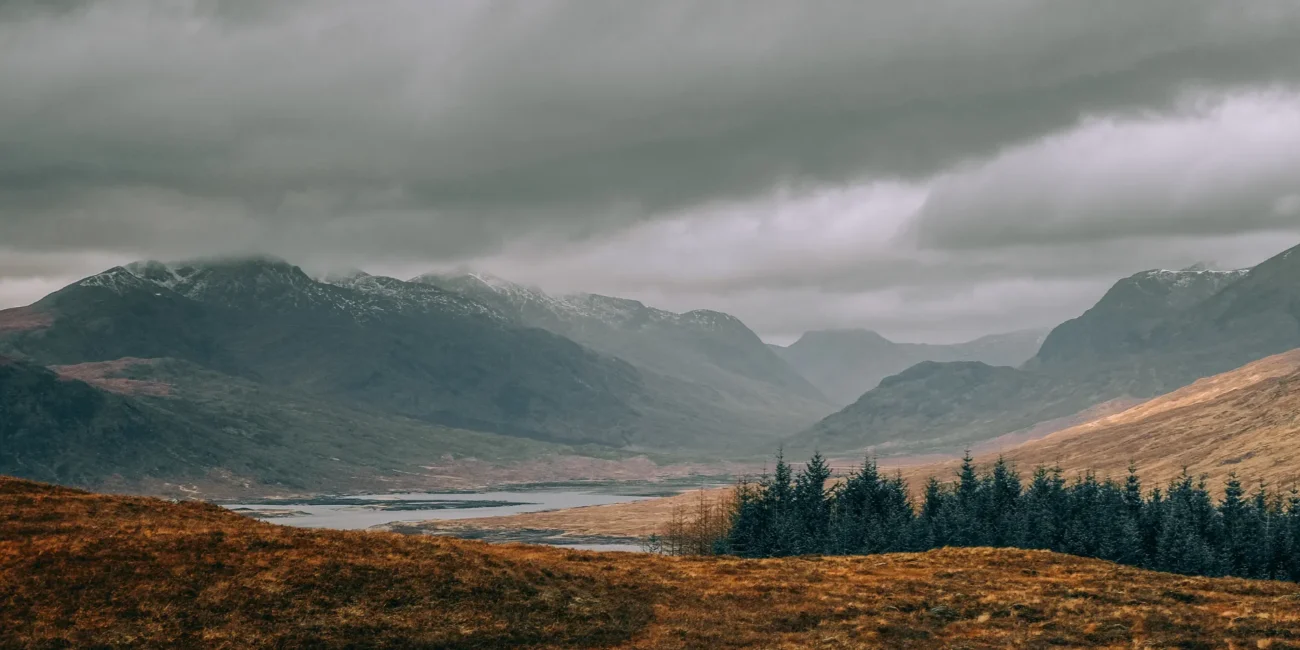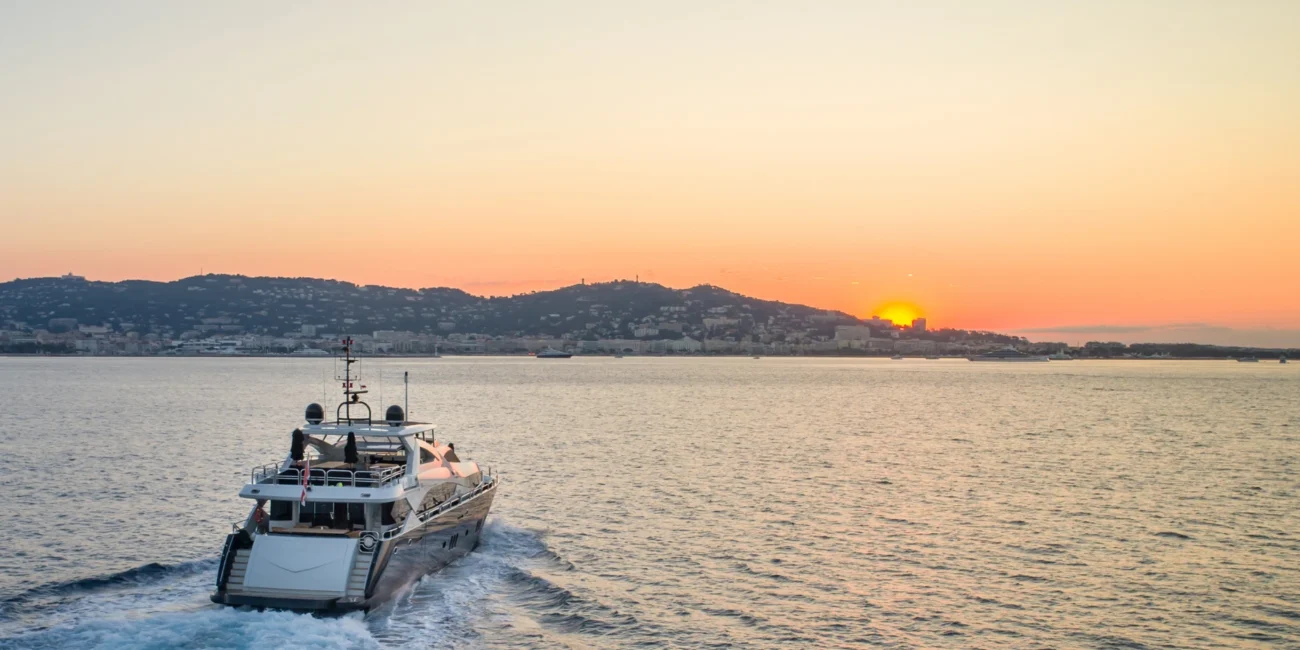What accomplishments are you most proud of during your remarkable journey with Foundation Conservation Carpathia?
It’s been a long journey and we still have a long way ahead of us before we get to a National Park – and there are even moments when it seems almost unreachable. This is when I try to look back at what we have achieved already. Knowing that there is already a significant area of forests, some of which are virgin, that will never be logged and where all life is protected already, really makes me proud. But a real highlight for me is the return of the bison, a species that was gone for over 200 years from Romania, and that is now roaming these mountains and shaping the landscape again. Really fascinating!
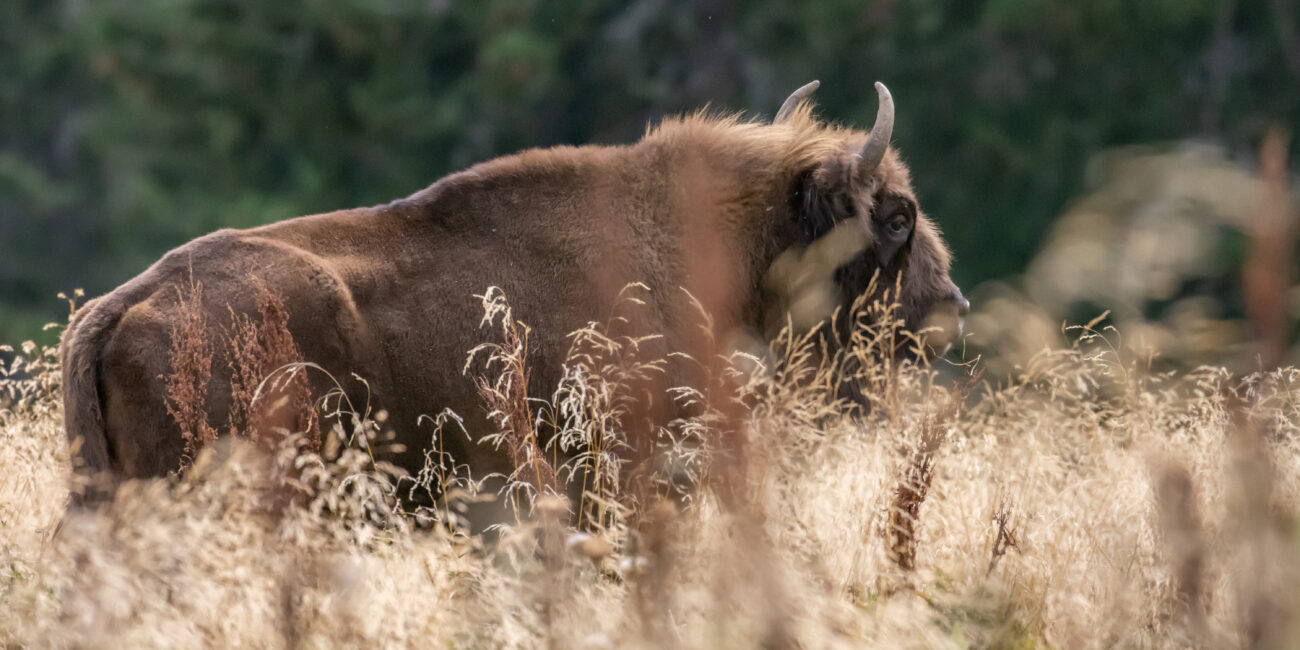
What moment or person of influence motivated you to dedicate your life to conservation?
Growing up in the countryside, nature and especially wildlife have always had an irresistible attraction to me. Shortly after university, as a wildlife biologist, all my heart and all my ambitions were with wildlife research and science. But having had the privilege of studying large carnivores in one of Europe’s wildest but rapidly changing country, I realized more and more that I better put my energy in contributing to the protection of these species and trying to preserve the remaining wild places they inhabit in perpetuity. On my journey, I was also lucky to meet some very inspiring conservationists, Doug and Kris Tompkins being one of them, that encouraged me to continue on that path and to really try to make a change.
What advice would you give to young women who are embarking on a life in conservation?
Be prepared for the worst and grow a thick skin. In conservation, nothing is straightforward, so you need to be bold, have a long breath, stay flexible and adapt to different situations while always keeping your bigger vision clear in your mind. The best way to get prepared for this is by volunteering/doing internships early on in different projects, best covering a variety of topics: hands-on restoration and biological research as well as human dimensions. Conservation usually is hard work and involves long hours, but it is the ability of dealing with people’s interests (from local stakeholders to politicians and funders) that makes the difference and turns a project into a real success.
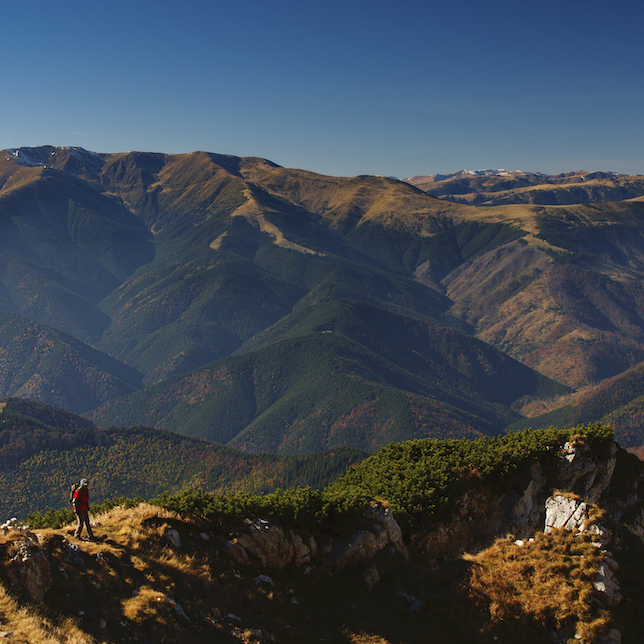
Many people feel they are too small to solve the problem. What are the small wins each of us can do to make a difference?
Our current problem is nothing but the sum of billions of small individual decisions. Everyone of us can make sure that our own decisions are taken consciously and informed so that our daily actions have the least negative impact possible on nature.
What are you most excited about in the future of conservation?
We all know that the next two decades will be crucial, for biodiversity, for the climate and evidently for us as human beings. At FCC we have the privilege to be the driving force behind the necessary changes and to spear-head conservation on a landscape level: every hectare we purchase will be protected in perpetuity; every bison we release will contribute to rewilding the area – very exciting times ahead.
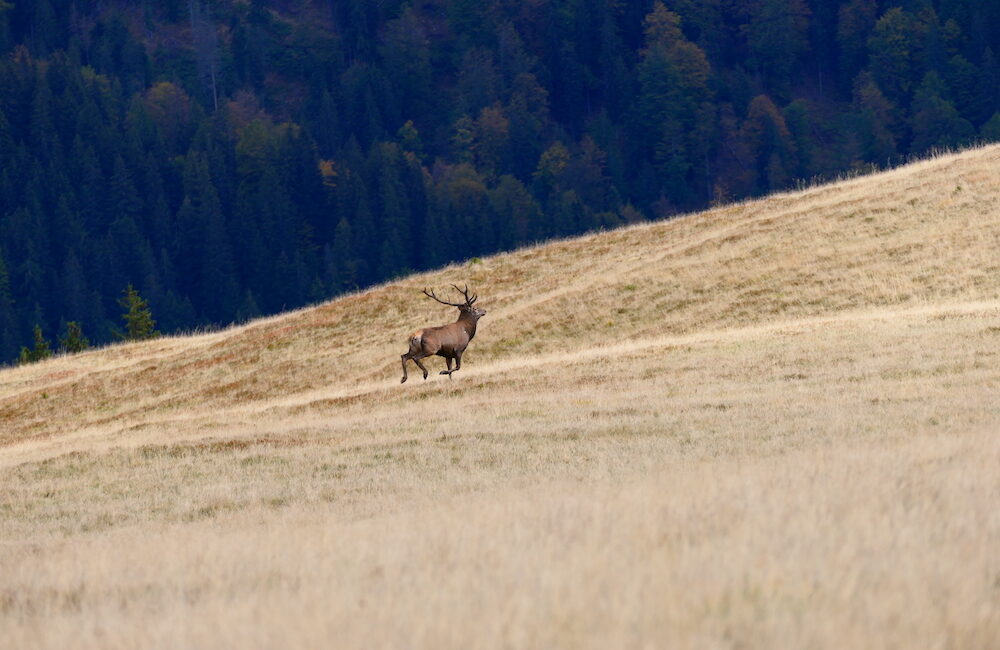
Engage firsthand with this ambitious rewilding of the southern Carpathians in the heart of Europe’s most biodiverse country. Join an exclusive journey hosted by Christoph and Barbara Promberger, between 24th June – 1st July 2023.
FIND OUT MORE & SECURE YOUR PLACE
